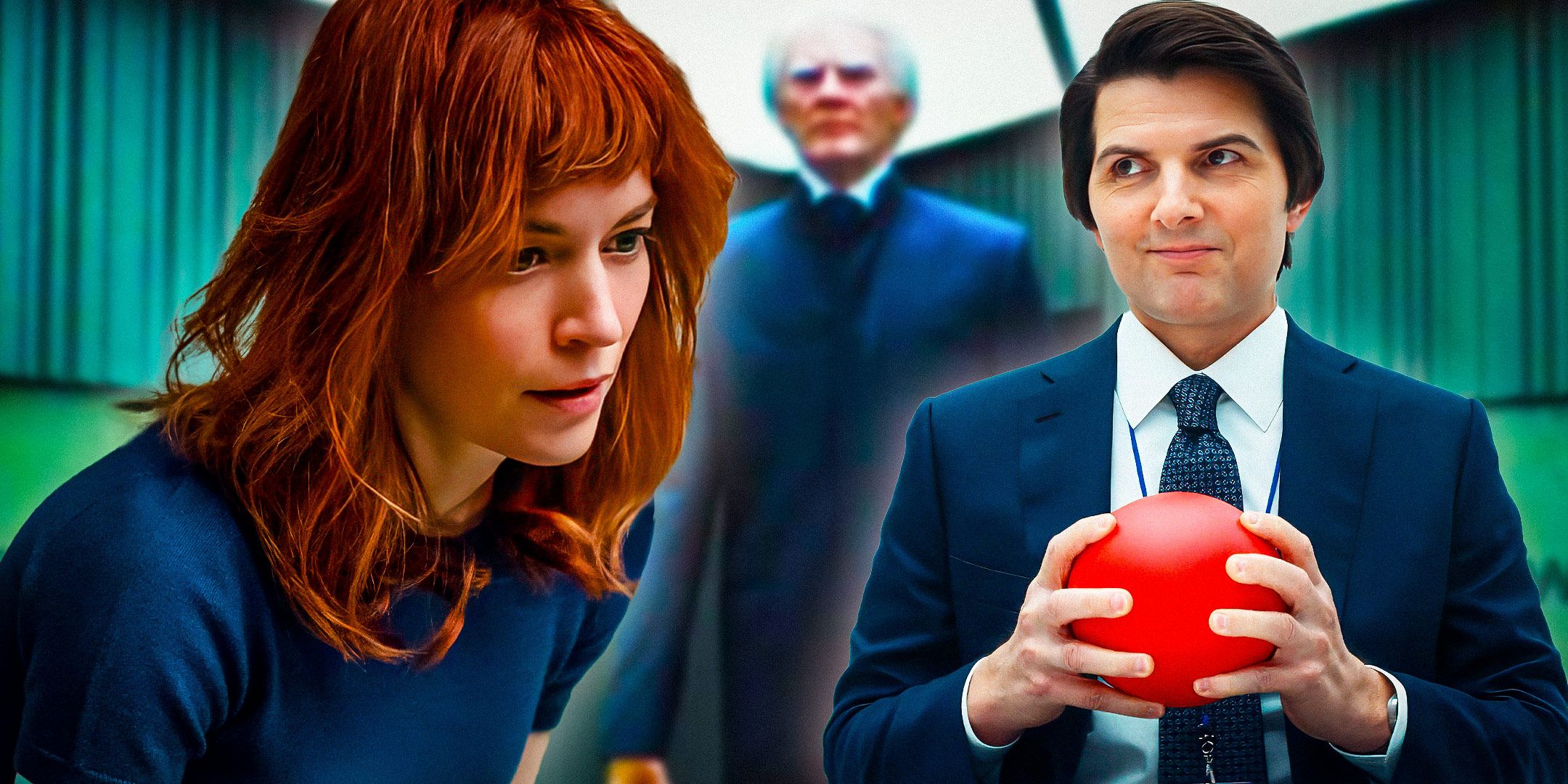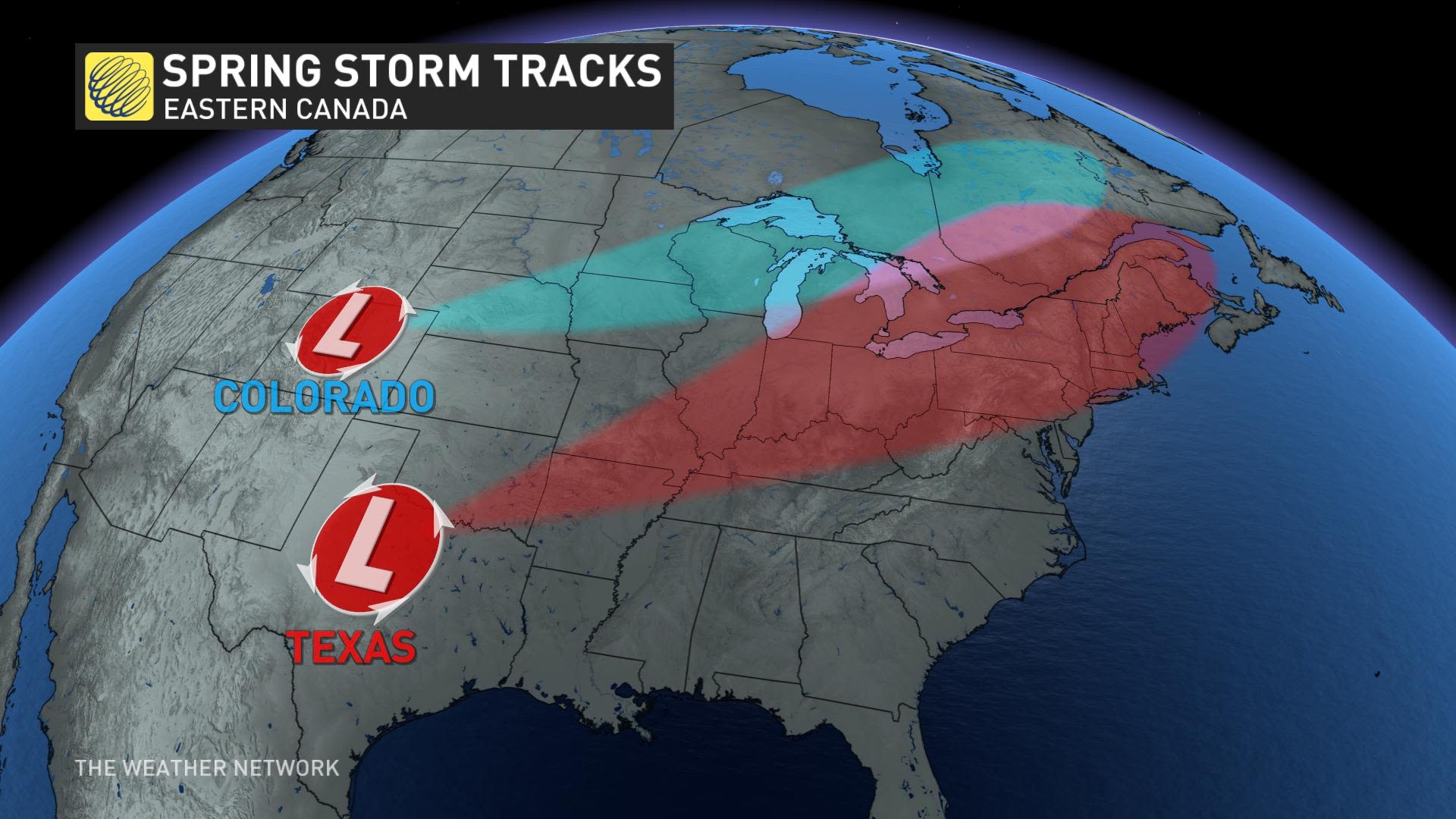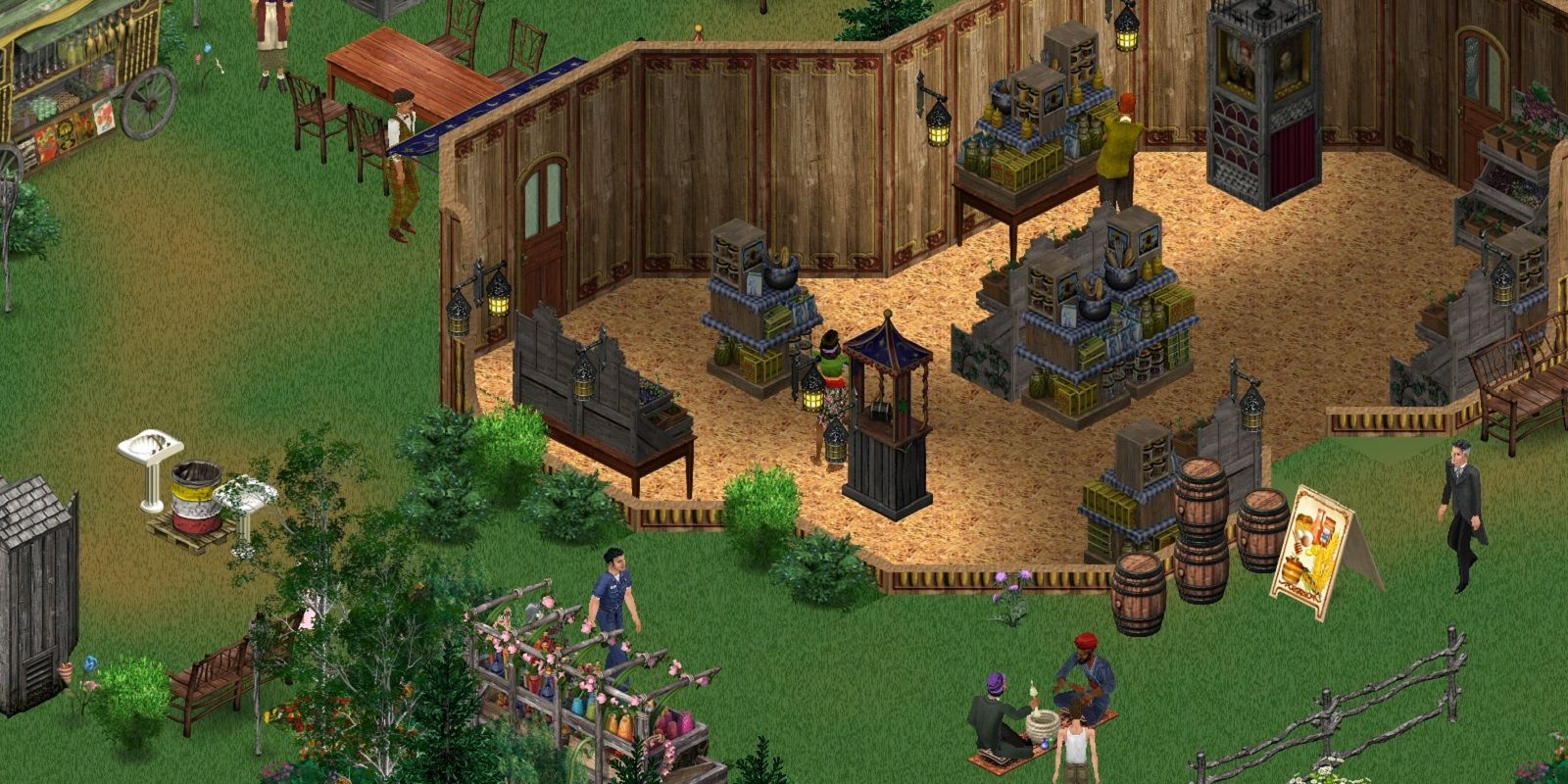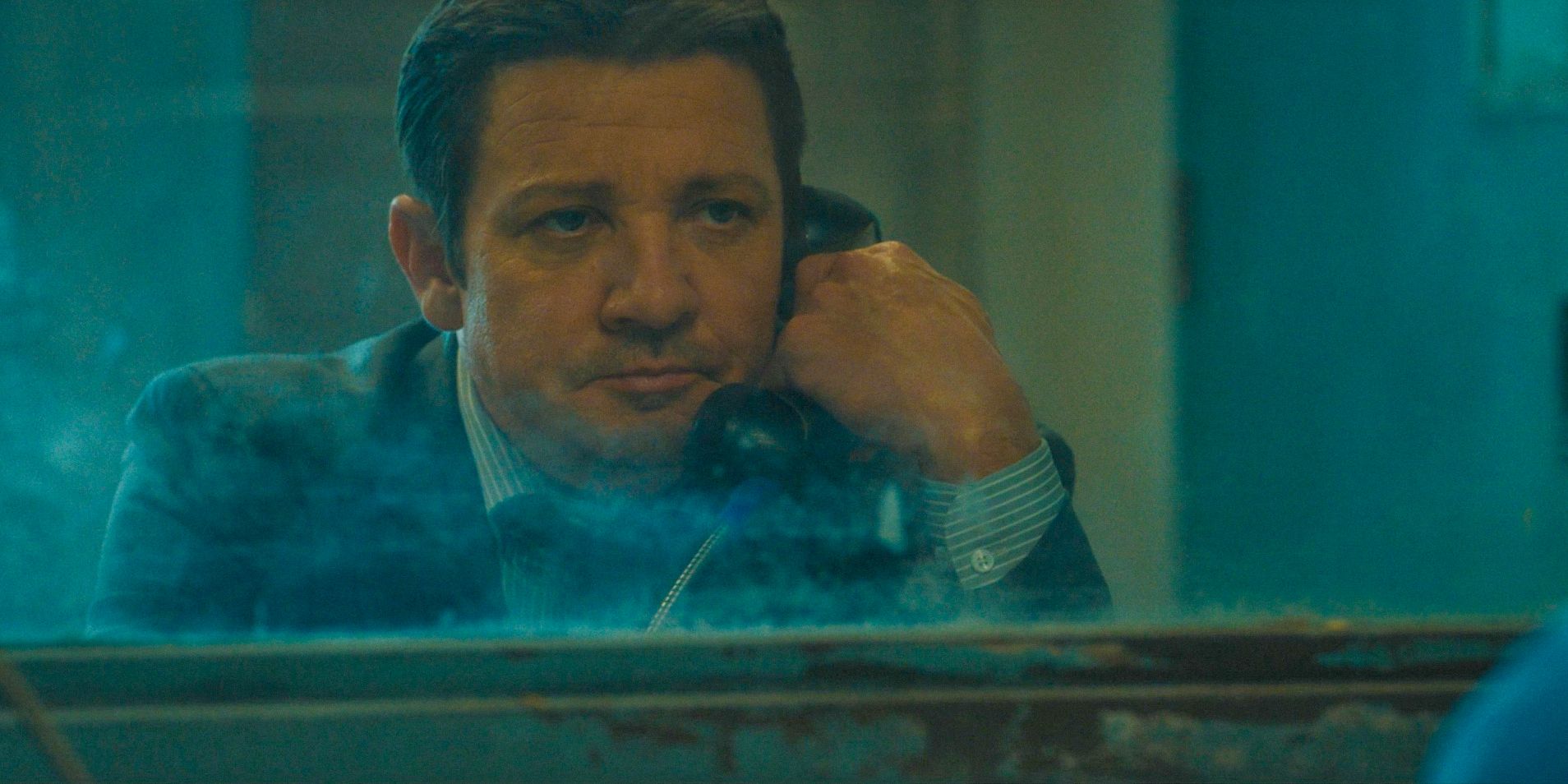Trust in the Media and Overcoming Polarization in Canada and the U.S.

This article discusses the recent insights shared by journalist Mónica Guzmán regarding trust and overcoming polarization in media conversations. Guzmán emphasises the importance of curiosity and understanding in bridging divides.
Donovan Vincent is the Star's Public Editor and based in Toronto. Reach him by email at publiced@thestar.ca.
Earlier this week we published a news story about how turmoil south of our border — the American president's chaotic tariff announcements — is driving Canadians away from travelling to the U.S.
The article exposed how these tariff threats have broken our trust with our formerly close neighbours to the south.
This theme of diminished trust drew my mind to a compelling talk journalists at the Star were treated to recently, given remotely by Mónica Guzmán, a Seattle-based journalist, author and a senior fellow for public practice at Braver Angels, a non-profit dedicated to "depolarizing" America.
Guzmán has created waves with her book "I Never Thought of it That Way: How to Have Fearlessly Curious Conversations in Dangerously Divided Times." It's dedicated to breaking down the incredibly harmful political divides in the U.S by equipping people with the tools to put aside their own deeply held assumptions about others' views — particularly political beliefs.
"I've bet you've wondered, as I have, how long we can hold it together while our differences threaten to wreck our relationships, our country and our ability to share our lives, really at all," she muses in the book.
A major element of the book is her call for readers to dampen their instant conclusions about other people and to become more curious and less judgmental about those who have opposing viewpoints.
Part of what led her to write her book is the fact her parents, Mexican immigrants, as she is, vote Republican, while she votes Democrat. I'd call that a recipe for serious conflict.
As public editor, I found there are plenty of insights that are helpful for journalists on both sides of the border, as we try to overcome diminishing trust the general public has toward the media.
For me, her video chat with the Star was incredibly illuminating. She made several points that were quite frank and uncomfortable to hear, too.
Guzmán's talk with us — moderated by Nicole MacIntyre, the Star's editor-in-chief, who told me she was "blown away" when she heard Guzmán speak at a conference in Austin, Texas last year and invited her to speak to our newsroom for our professional development — marks the first time I've come across thoughtful advice on how to overcome polarization.
Guzmán said if she could write her book again, she'd devote a chapter to the notion of truth and its relationship to trust. "I don't think we can unlock truth meaningfully in our society without trust."
When we presume a person or group of people are ineligible somehow to be part of the broader conversation — because there's some part of a truth that we don't believe they accept and we push them away — then we are "denigrating our society's ability to build a collective truth," which the author argued is one of the greatest challenges facing us now.
Most of the time many of us are caught up in our own strongly held takes on what we believe is "obviously true or false," Guzmán argued. When we encounter someone who says something we believe to be false, instead of turning this into a conversation about what is true, make it a conversation about what is "meaningful" to that person.
"What are your concerns about (the) election? What ultimately worries you? What do you hope to see? Things like that. Everyone is eligible for those conversations. And after a while of building that trust, first of all you may learn that the thing that you thought was obviously true or false, probably is more nuanced most of the time," Guzmán told us.
She also said, as journalists, too often we ask the people we're interviewing "why?" instead of "how?" When we ask "why?" that can come across as a cross-examination and feel "very loaded" and the person being interviewed may receive that question as something to guard against, almost like the person is being put on trial, she said.
Instead, journalists need to ask their subjects: "how did you come to believe that?" she recommended. "Your readers will be able to relate to somebody's journey. Even if your readers conclude, or even you conclude that there's no truth in somebody's conclusions. There's always truth in their story," Guzmán said.
MacIntyre asked her why the media has been missing and misunderstanding the massive support for U.S. President Donald Trump.
This is the frank part I mentioned earlier. Guzmán said if you look at the structure of the media in the U.S., it has become "higher paid, more urban, more elite, more coastal," and therefore "more and more removed from a certain kind of person and a certain lifestyle.
Which just so happens to line up with our political divide," she said.
It's going to take some real work for the media to earn trust back, she said, because "a little bit of contempt, a little bit of condescension and a little bit of superiority" has seeped into our work.
Sharp points indeed. Her talk left us at the Star with a lot to mull over as we try to navigate the shifting — and challenging — political landscape here and to the south of us.




















